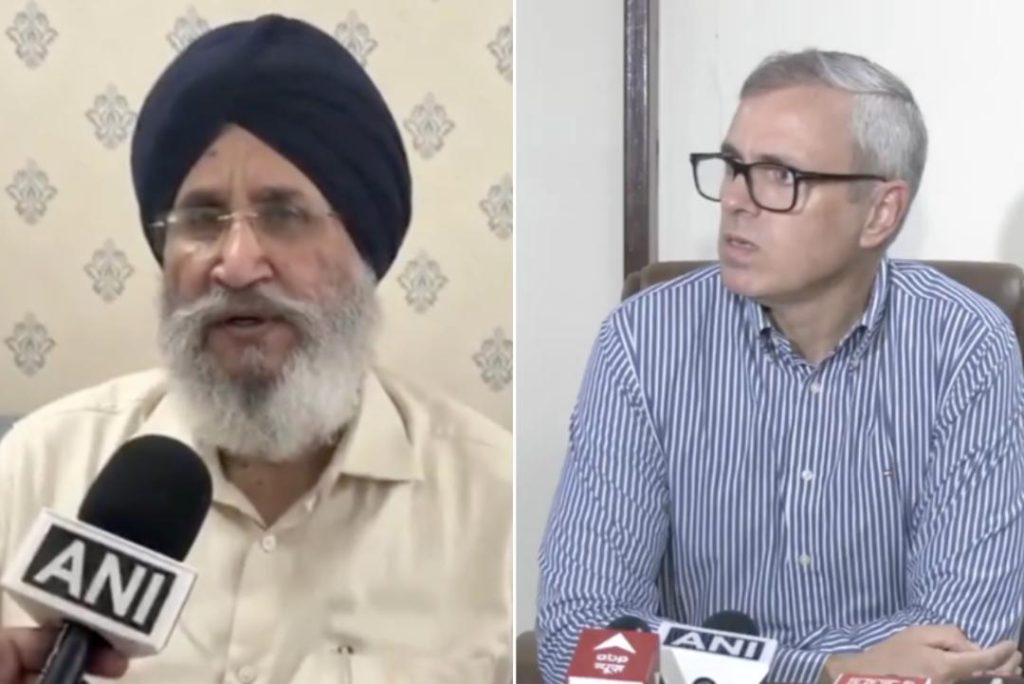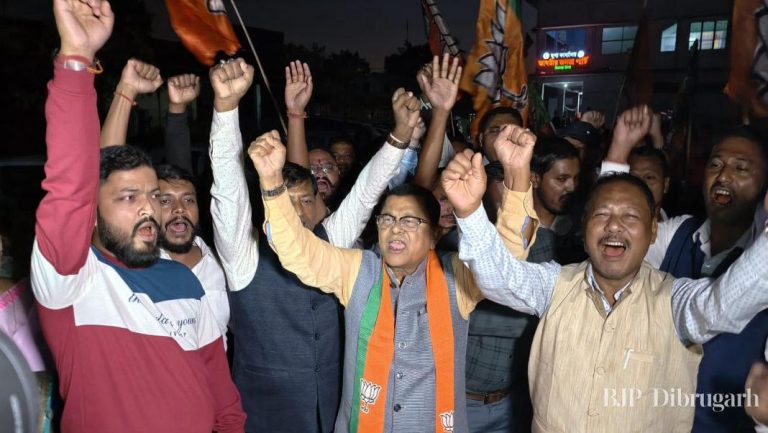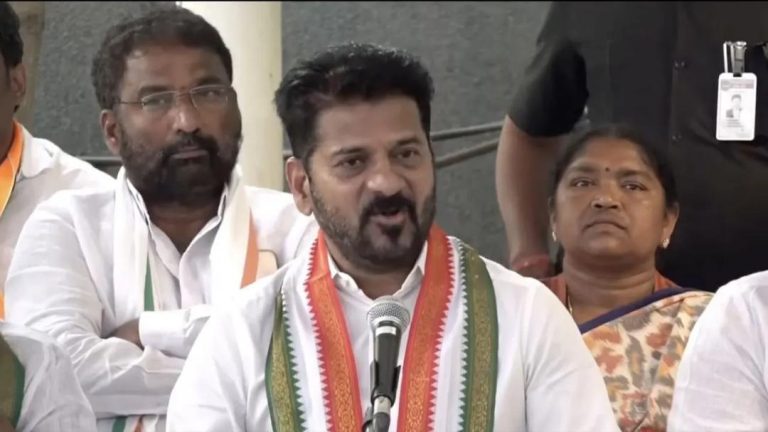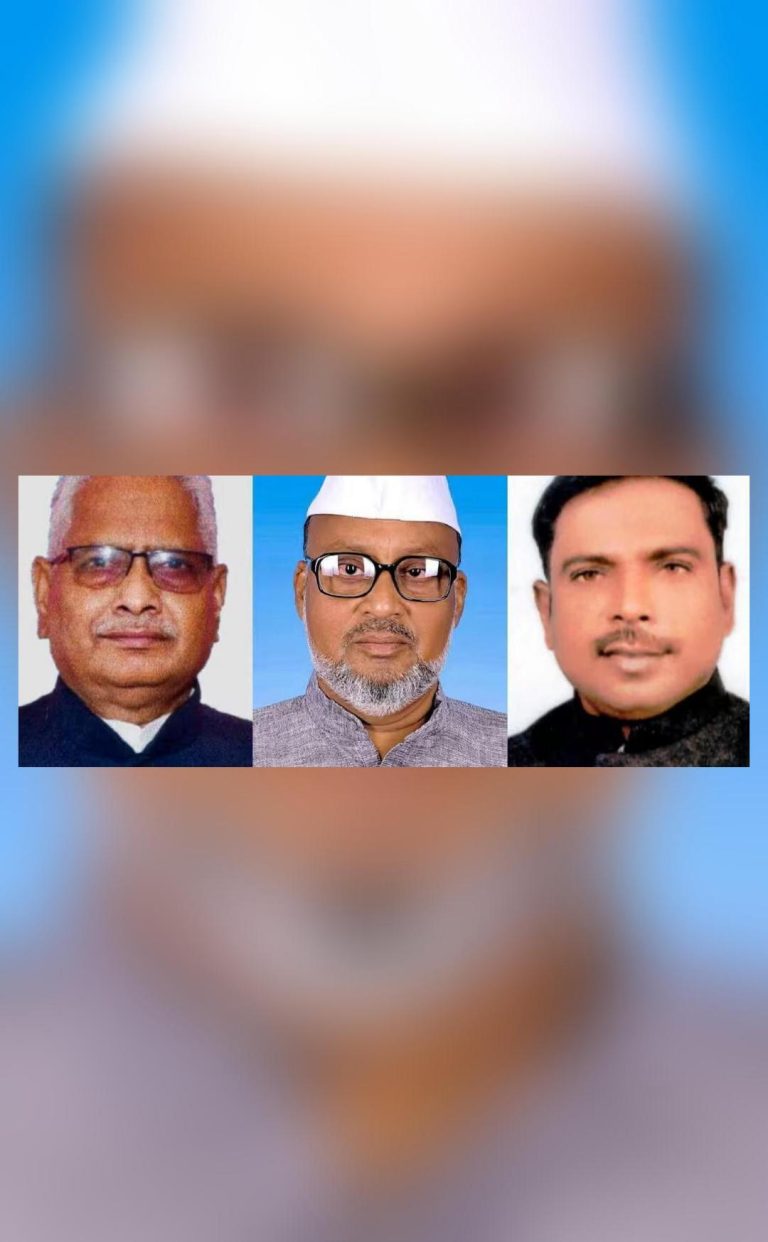
Title: J&K CM’s Remark on Water Sharing Unreasonable: Akali Dal Leader
The recent statement made by Jammu and Kashmir Chief Minister Omar Abdullah, stating that his state will not share any water with Punjab, has been met with strong opposition from a prominent leader of the Shiromani Akali Dal, Daljit Singh Cheema. Cheema, who is a senior leader of the party, has called Abdullah’s remark “unreasonable” and accused him of making an “unwarranted comment” on Punjab.
In an interview, Cheema said, “We did not expect him to comment on Punjab, as river water distribution has earlier also been in favour of other states like Rajasthan, Haryana, and Delhi. We have always been a water-surplus state and have shared our resources with other states generously.” He further added, “By making such an unreasonable remark, Abdullah is trying to create unnecessary tension between the two states. We will not tolerate such attempts and will fight for our rights.”
The controversy revolves around the sharing of water from the Ravi and Beas rivers, which are the lifelines of Punjab. The two rivers, which originate in the Himalayas, flow through Jammu and Kashmir and then enter Punjab before draining into the Sutlej River. The Ravi and Beas rivers are the primary sources of water for Punjab, and any reduction in their flow would have a significant impact on the state’s agriculture and industry.
The dispute over water sharing has been a long-standing issue between Jammu and Kashmir and Punjab. In the past, both states have clashed over the issue, with Punjab accusing Jammu and Kashmir of not sharing its water resources fairly. In 2004, the two states signed an agreement to share the Ravi and Beas rivers, but the agreement has been disputed by Punjab, which claims that the agreement is biased in favour of Jammu and Kashmir.
Cheema’s remarks come at a time when the water crisis in Punjab is worsening. The state is facing a severe water shortage, and the situation is expected to worsen in the coming years due to the increasing demand for water. Punjab is one of the most water-stressed states in the country, and any reduction in water supply would have a significant impact on its economy and livelihoods.
The Akali Dal leader’s remarks have also been supported by other parties in Punjab, including the Bharatiya Janata Party (BJP) and the Aam Aadmi Party (AAP). The BJP’s Punjab unit has accused Abdullah of making an “unconstitutional” remark and demanded that the Centre intervene to resolve the issue. The AAP has also called for a joint investigation by the Centre and the Punjab government to identify the reasons behind the reduced water flow from Jammu and Kashmir.
The controversy has also sparked a debate about the Centre’s role in resolving the issue. While some have called for the Centre to intervene and resolve the dispute, others have accused the government of being lenient towards Jammu and Kashmir. The Centre has so far maintained a neutral stance on the issue, saying that it is a matter between two states and needs to be resolved through bilateral talks.
In conclusion, the controversy surrounding Jammu and Kashmir Chief Minister Omar Abdullah’s remark on water sharing is a complex issue that requires careful consideration and a nuanced approach. While Abdullah has the right to express his views, his remark has been met with strong opposition from a prominent leader of the Shiromani Akali Dal, who has called his remark “unreasonable”. The issue highlights the importance of effective water management and the need for cooperation between states to resolve disputes over water sharing.
News Source: https://x.com/ANI/status/1935953245043933487






